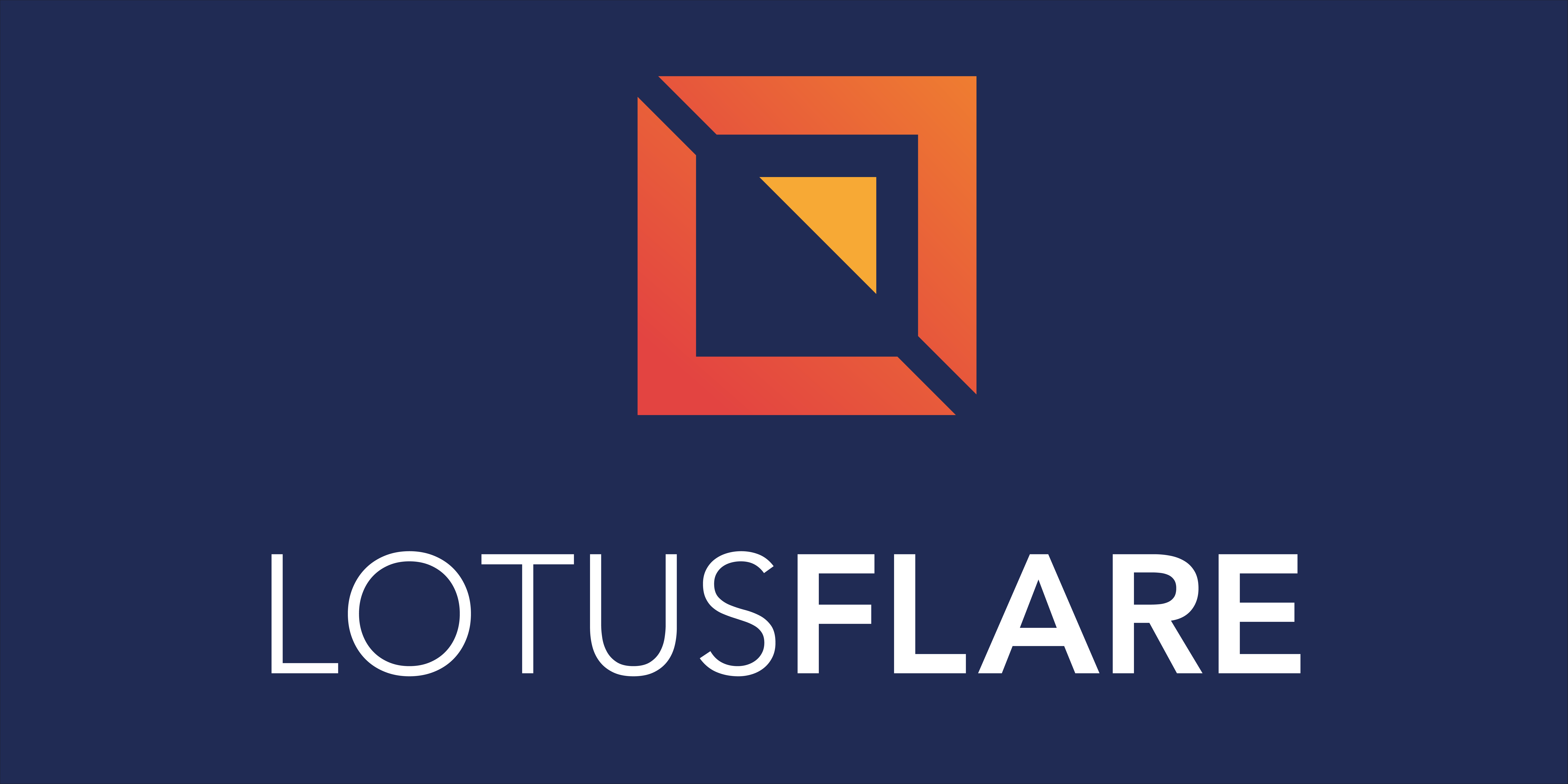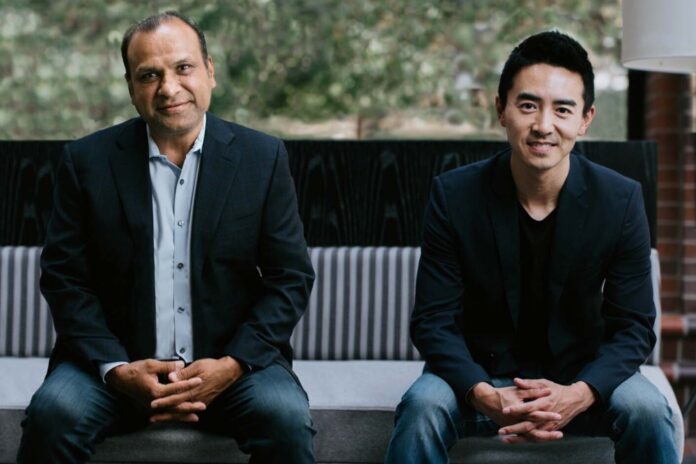Sponsored: Silicon Valley-based LotusFlare looks to simplify technology and customer experience to deliver valuable outcomes with operators. By George Malim
As telecom operators seek to become more agile and launch new services, it’s clear that inflexible, monolithic software systems supporting so many operator businesses are no longer fit for purpose.
The era of 5G – and soon enough, 6G – demands that operators be far more responsive to customer needs and push the pace of market innovation by introducing their own new digital propositions.
While digital transformation has been at the centre of operator efforts for several years, one could argue that it’s not happening nearly fast enough. There are many reasons but there are three that are particularly important.
First, digital transformation is about technology and processes, but the cultural transformation required is often lost in the shuffle. Changing the processes to create a digital – or ‘internet’ culture – is a broader challenge but no less important than technology and processes.
Second, traditional vendors and systems integrators offering to digitally transform a business are often vested in hanging onto legacy processes and systems. The prospect of becoming a digital service provider is slim if the organisation, supported by its key partners, cannot break away from legacy processes and systems.
Third, a scepticism that teleco-grade systems and processes can live, work and scale in the public cloud persists. Indeed, operators recognise the benefits of cloud-based systems and have been migrating systems to their own private clouds to reap some of the benefits of the cloud. However, this only addresses a fraction of the opportunity that the public cloud offers.

Acting as a bridge
As a relative newcomer to telecommunications, LotusFlare, based in Santa Clara, CA, started with the idea of simplifying technology and customer experience so enterprises could better monetize assets, digital and physical. Today, they see themselves as a bridge between the internet world and operators, overcoming the issues of culture, legacy and cloud reticence that stops digital transformation.
“We like to say that we’re trying to be an “un-vendor” for our customers.” says CEO and Co-Founder Sam Gadodia (pictured above left). “We want to avoid replicating the digital transformation approaches offered by traditional vendors because those ways have not worked as well as planned. We are of the internet culture so we’re an organisation to turn to if operators want to change their culture.”
The company, which was founded by Facebook executives in 2013, saw how services such as WhatsApp had taken over operators’ traditional voice and messaging businesses, allowing Facebook and others to generate revenue while operators made huge investments in infrastructure.
In their view, the difference was internet players focus on customer experience first and then working downwards to enable that experience.
According to Terry Gou, Chief Product Officer and co-founder, LotusFlare (pictured above, right), “decided early on an entirely cloud-native service from ‘customer experience down’ to help operators to become digitally adept.”
The result is the LotusFlare Digital Network Operator (DNO) Stack, a cloud-native digital commerce service designed to monetize digital and physical telecommunications and media assets. The DNO Stack enables operators to quickly launch any type of digital asset – wireless, fixed (such as fibre-to-the-home FTTH), media or event APIs.
Guo adds, “We think in terms of delivering valuable business outcomes rather than large digital transformation programs. ‘Deliver simple, deliver fast’ is part of our DNA.”
LotusFlare has been swept up in a trend that is gaining traction: the creation of new digital telco brands.
“Many operators are choosing to launch new, digital brands in the cloud taking advantage of a clean IT environment so they can bring new offerings to market rapidly,” said LotusFlare’s Chief Commercial Officer, Eric Morhenn.
“LotusFlare has deployed new digital brands within four-to-five-month timeframes using the DNO Stack, including creation of the core mobile app and web store. The customer experience desired by the new brands drives the configuration of the DNO Stack rather than the other way around.”
Pragmatic application of new technologies
In LotusFlare’s approach, the application of new technologies to assist operators in the monetization of digital services is never done for the sake of just trying intriguing new technologies.
“We hire engineers and product management who want to test and try cutting edge technologies while keeping in mind the pragmatic application of that technology of our customers’ needs,” says Guo. “We’ve done this in the area of eSIM, which can be a game changer for mobile services customer acquisition.”
But for Guo, it is really in their commitment to cloud-native technology in the public cloud that they see pragmatic and invaluable benefits to operators.
“We some in the industry are simply taking legacy systems, hosting them and calling it, cloud-native or SaaS,” said Guo. “We think that cloud-based telecoms IT should not replicate non-cloud architectures because operators will miss out on cloud benefits such as agility and the ability to hyperscale.”
The complexity of previous generations will continue to exist as traditional services remain in operators’ portfolios. However, over time the cost of operating the legacy will make it unviable and ultimately services will be migrated to digital network operations in the cloud or retired.
By applying the philosophy of large internet companies to telecoms, LotusFlare wants to help operators navigate the growth challenges they face.
Founded by the team that helped Facebook reach over 1 billion mobile users, LotusFlare’s mission is to design, build and continuously advance a digital commerce platform that simplifies technology and customer experience to deliver valuable outcomes to enterprises.
LotusFlare Digital Network Operator® (DNO™) Stack is a fully managed cloud commerce service that enables communications and media service providers to innovate freely, better engage with their customers and reduce operational costs. Learn more at lotusflare.com
LotusFlare is back at Mobile World Congress in Barcelona. Meet LotusFlare to discuss launching new digital telco brands and learn how the Metaverse could be the next telecom storefront experience. Want to book a meeting?



